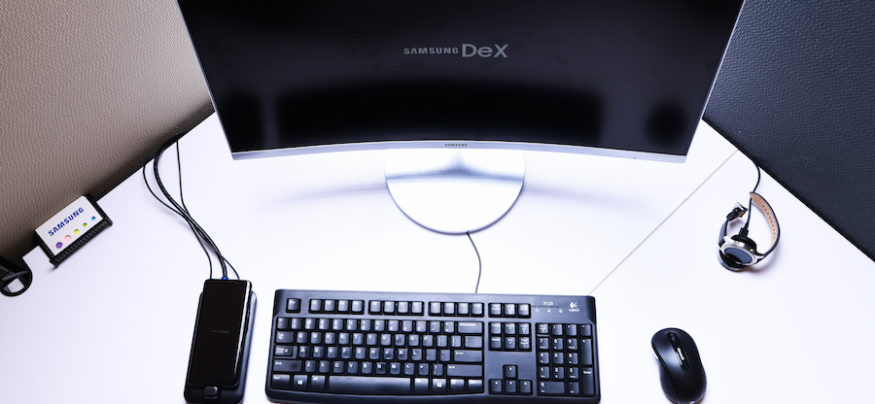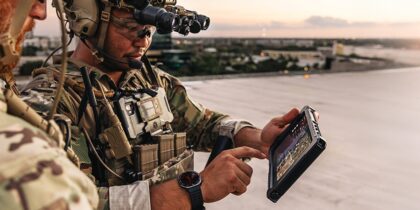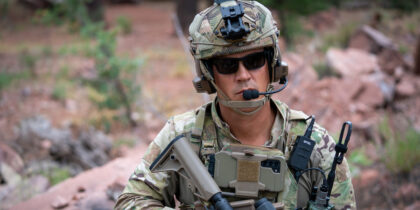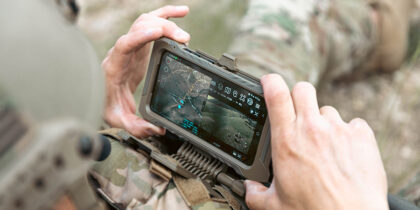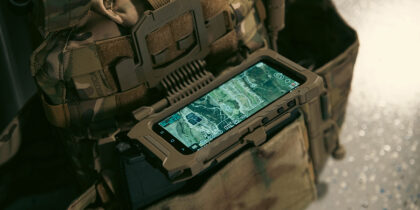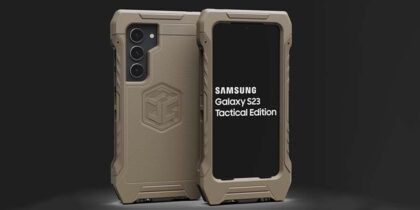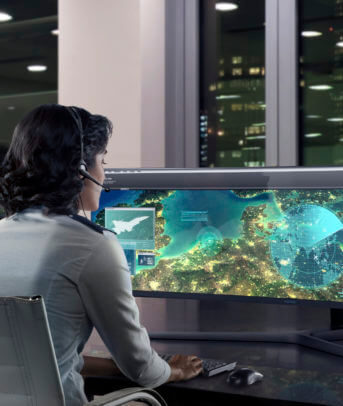The federal government has much to gain by embracing a mobile-first strategy — a recent Frost & Sullivan survey of 500 managers and executives found that smartphones increased work productivity by an estimated 34 percent. From military personnel in the field to federal law enforcement agents in the office, the ability to access information from wherever, whenever is critical to performance.
While the conveniences and capabilities offered by smartphones are clear, many users are still used to operating in a desktop environment with a larger display, keyboard and mouse and familiar apps. As a result, today’s mobile federal workers and military personnel must often choose between hauling a laptop to various work locations, conducting their work from a smartphone screen or alternating between two or more devices to fulfill their responsibilities.
Technologies like Samsung DeX are now providing an alternative, making the concept of anytime, anywhere access to mission-critical data a reality for DoD. DeX allows personnel to connect their compatible Samsung Galaxy smartphone to a monitor, keyboard and mouse for a seamless desktop experience.
But convenience and productivity aren’t the only priorities for the mobile federal workforce. As I’ve previously discussed, with greater mobility comes new security concerns, as more connected devices expand the potential attack surface area for security staff to defend. That’s why DeX, using a Samsung Galaxy smartphone with Samsung Knox, our defense-grade mobile security platform, will afford you the means to keep your information safe as you work anywhere. Knox protects devices from the chip up. With a host of capabilities including encryption, malware protection, multi-factor authentication, biometrics, mission action verification, cryptographic digital credentials, containerization and more, Knox protects the device, no matter where the work gets done. This added security provides DeX users the confidence they need to be productive on the go in the face of an evolving threat landscape.
Digitize Your Government Agency
Get this guide to drive collaboration, boost productivity and ensure security in the public sector. Download Now
Together with Route1’s MobiKEY, a secure remote access technology, DeX enables DoD personnel to perform mission-critical work from their smartphone. MobiKEY integrates multi-factor authentication and identity management in mobile computing environments, allowing users to initiate CAC-authenticated virtual desktop infrastructure (VDI) sessions through vendors including Amazon, Citrix and VMWare. Users can also establish a secure connection — AES and TLS-encrypted, 256-bit and mutually-authenticated — from their DoD computer to their personal, non-secure device to a non-secure network.
Mobile productivity solutions like DeX represent an exciting development for federal agencies, allowing workers to utilize the capabilities they need most, when they need them — without the hassle of juggling multiple devices. This also equates to increased flexibility to get work done where it happens — all while driving government cost savings through fewer devices and less infrastructure to manage per employee.
Watch this video to see how DoD personnel can work remotely and connect securely with their mobile devices. Attend the upcoming webinar to learn more.
